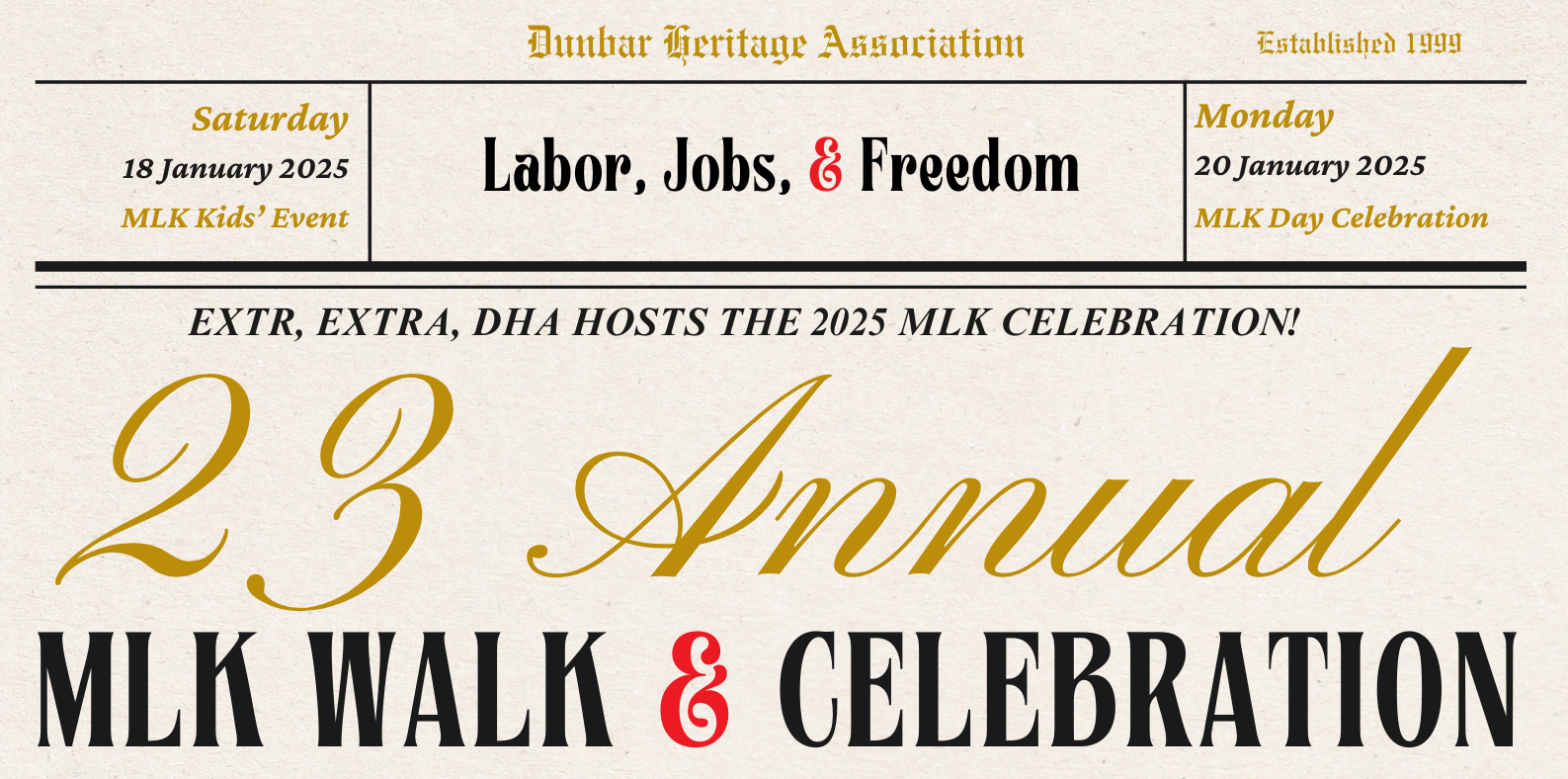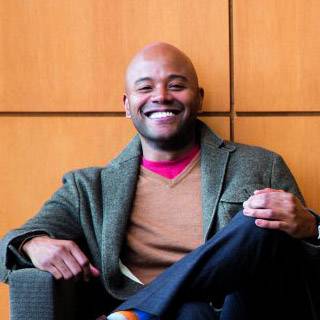Martin Luther King Jr. Day is a federal holiday in the United States and observed on the third Monday of January each year. Rev. Dr. Martin Luther King, Jr., an American leader and activist in the Civil Rights Movement, Baptist minister, and political philosopher. King advanced civil rights through the use of nonviolent resistance and civil disobedience against racial and class discrimination.
Martin Luther King Jr. Day
Monday, January 20, 2025
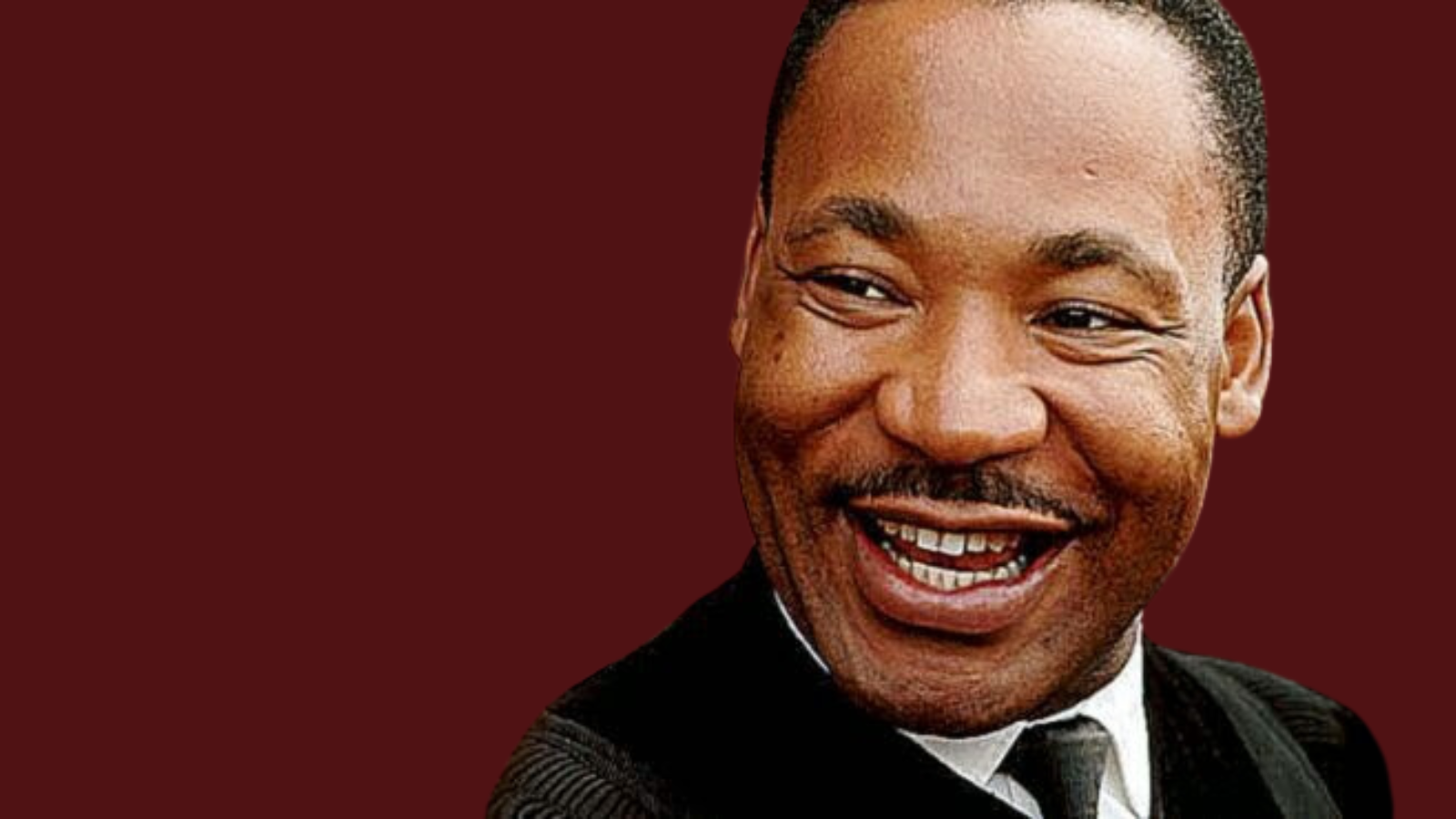
MLK Day in San Marcos, Texas
Dunbar Heritage Association: 23rd Annual MLK Walk & Celebration
MONDAY, JANUARY 20, 2025
Organized by Dunbar Heritage Association
Email: dhasmtx@gmail.com
Phone: 737-999-0403
Event Itinerary
Wreath-laying Ceremony
9:30 AM
LBJ/MLK Crossroads Memorial
The intersection of MLK Drive & LBJ Drive, San Marcos, TX
MLK Walk & Celebration
After ceremony
From LBJ/MLK Crossroads Memorial to Hays County Historic Courthouse
111 E San Antonio Street
Walk to Reception
After celebration
From Hays County Historic Courthouse to Dunbar Recreation Center
801 MLK Drive, San Marcos, TX
MLK Day at TXST
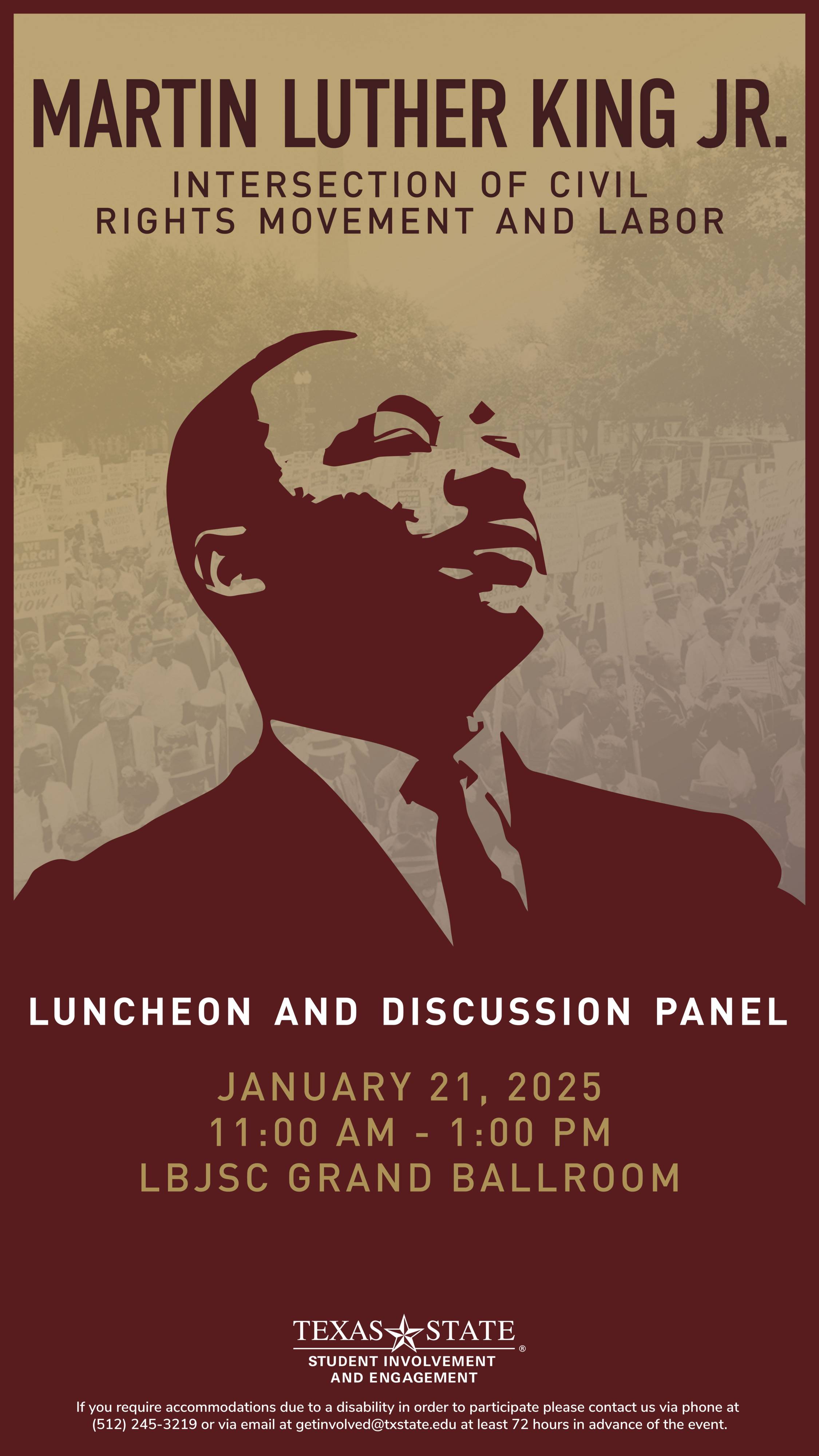
MLK Luncheon and Panel Discussion
WEDNESDAY, January 29, 2025
11:00 AM – 12:30 PM
San Marcos Campus:
LBJ Student Center Grand Ballroom
Free and open to all.
Panelists:
Dr. Scott W. Bowman
Professor, School of Criminal Justice & Criminology
Dr. Jeff Helgeson
History Department Chair & Associate Professor
Dr. Casey D Nichols
Assistant Professor, Department of History
Moderator:
Dr. Dwonna N. Goldstone
Associate Professor of History, and Director, African American Studies (minor) Program
National Day of Service
An official day of service and celebrates the civil rights leader’s life and legacy.
It is because of Dr. King's selfless and dedicated activism that this day is also recognized as a Day of Service, where citizens are encouraged to volunteer to improve their communities.
Rev. Dr. Martin Luther King, Jr. and President Lyndon Baines Johnson
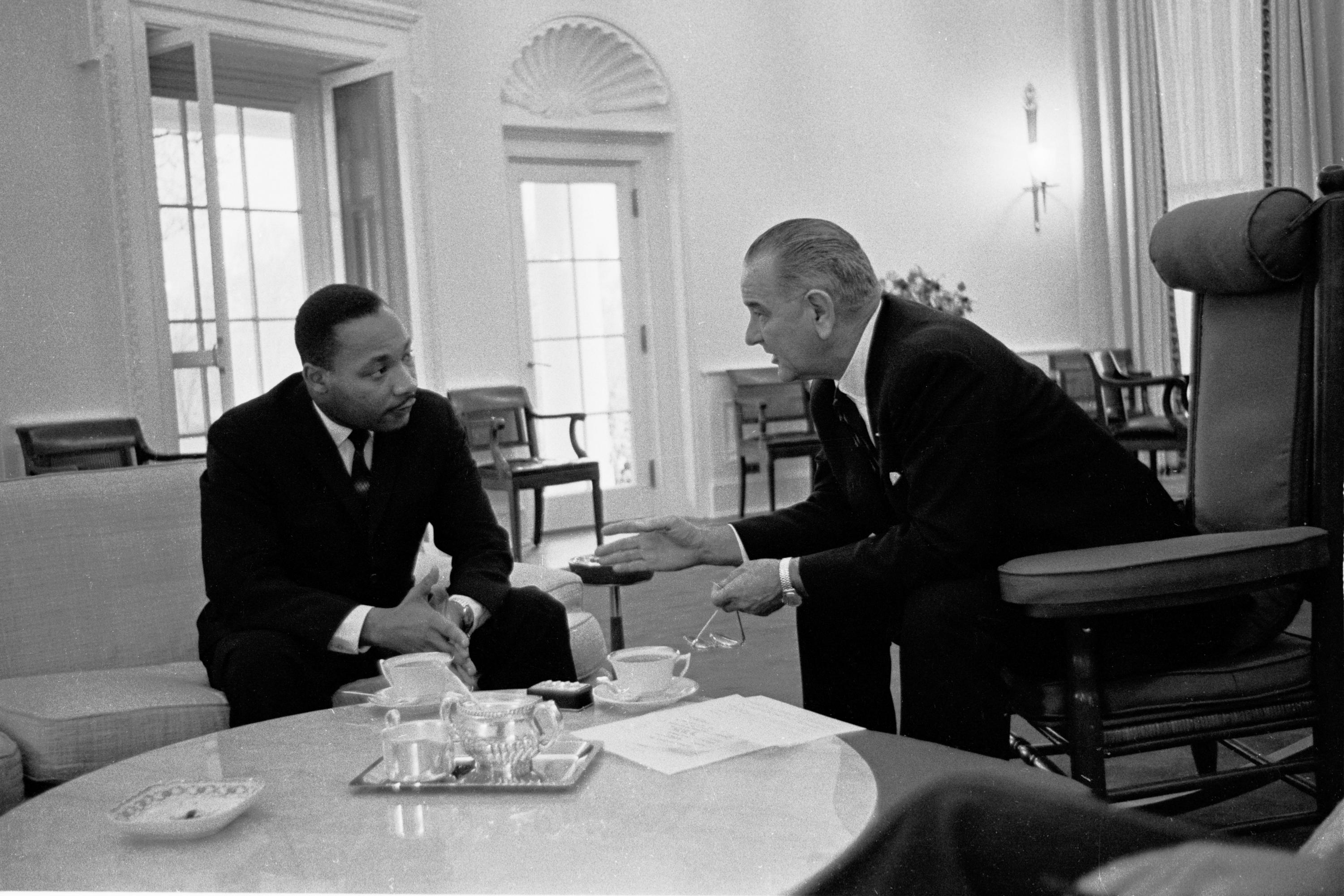
On November 25, 1963, three days after President Kennedy’s assassination, our most distinguished alumnus, President Lyndon B. Johnson called Dr. Martin Luther King Jr. to thank him for “your cooperation and communication.” During this phone call, King suggested to Johnson that, “I think one of the great tributes that we can pay in memory of President Kennedy is to try to enact some of the great, progressive policies he sought to initiate.”
For the next two years they strategized together. During Johnson’s time as president, he signed into law the most significant Civil Rights legislations in over a century: The 1964 Civil Rights Act, which ended legal segregation, the Voting Rights Act of 1965, which prohibited laws meant to suppress Black voters, and the 1968 Civil Rights Act, which focused on Fair Housing policy. Johnson referred to these civil rights laws as “the greatest achievement of my administration.”
